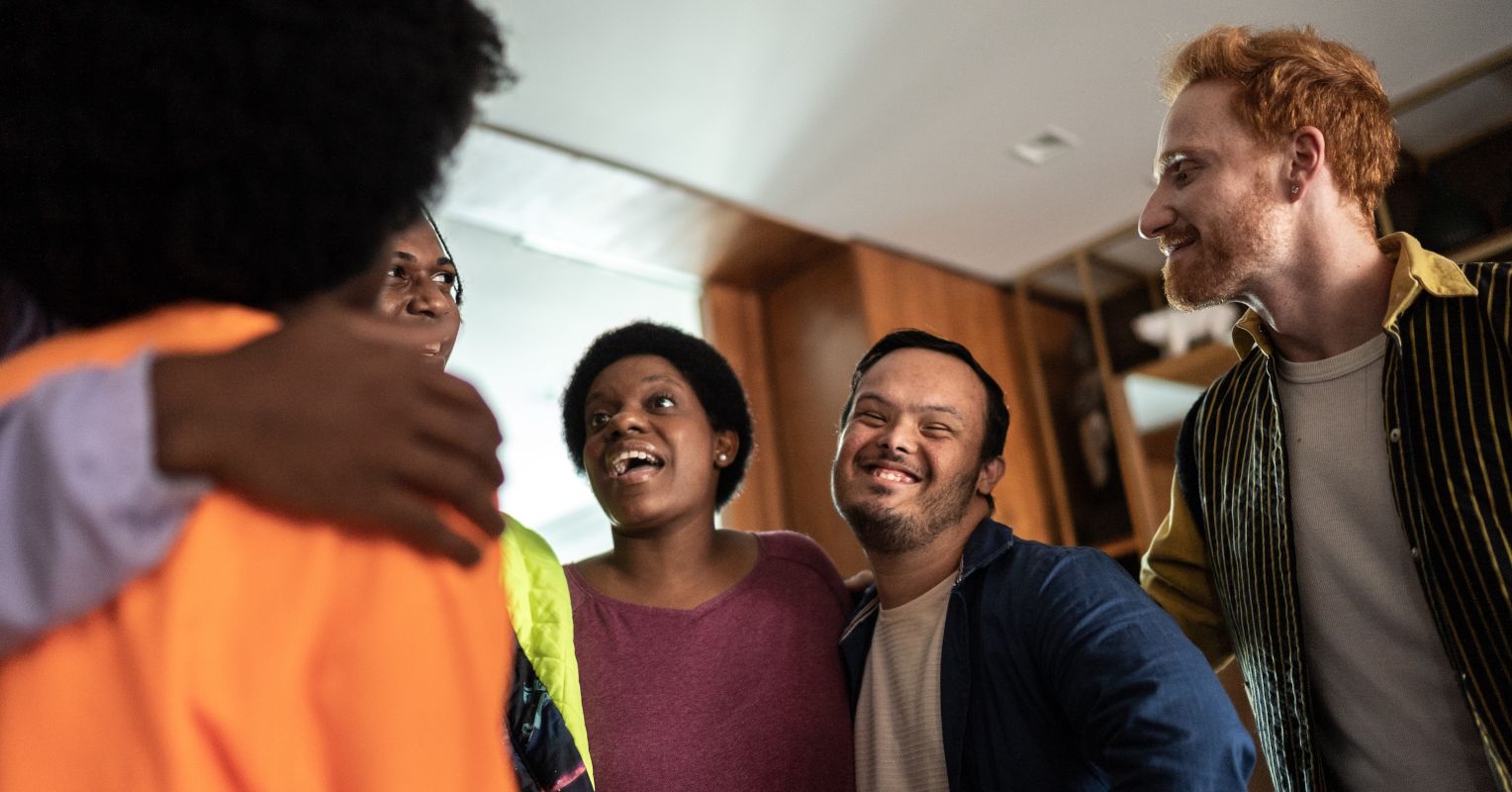
"Once you take autism, ADHD, dyslexia, dyspraxia and all the other ways that you can developmentally be different from the typical, you actually don't get many typical people left."
"I'd call a child a zebra if it got them the services they needed."
"It can be immensely empowering to discover later in life who you truly are and to identify positively with the neurodivergent label."
"I do think that all of us have some extreme trait (above or below two standard deviations from the mean) and are 'neurodivergent' on that trait."
Francesca Happé, a cognitive neuroscience professor, discusses how reduced stigma surrounding mental disorders is prompting a rise in self-diagnosis among youths. With more individuals identifying as neurodivergent, the boundaries of what constitutes being typically neurodeveloped are blurred. While the acknowledgment and empowerment associated with discovering one's neurodivergent identity can be positive, there are concerns about the implications if many adopt the label. The article raises important questions about the meaning of neurodivergence in a society that increasingly embraces these identities.
Read at Psychology Today
Unable to calculate read time
Collection
[
|
...
]